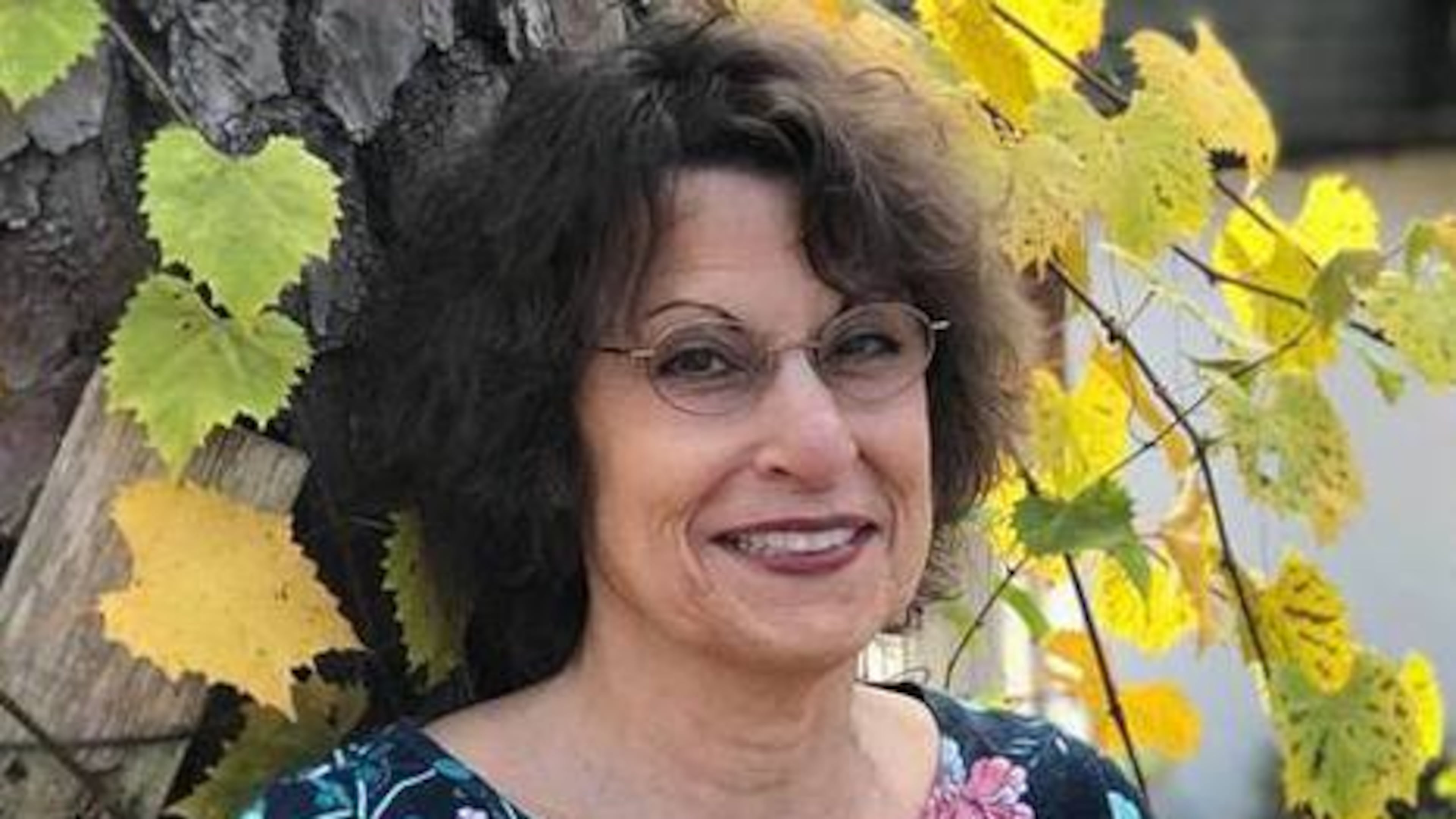Faith of friends can work miracles

Some Bible stories would make great movies, like the one about a paralyzed man who wants to see a local healer, but can’t make the trip alone.
Although this poor fellow has a terrible physical affliction, God has blessed him with four compassionate friends, who carry him on a pallet to the healer’s house.
When they discover the home is jam-packed, the valiant men take their friend onto the roof, make a hole in it and then lower the mat down into the house.
The healer is Jesus, who is so impressed by the faith of the four friends that he heals the paralyzed man, both physically and spiritually.
The story reminds me of Marines Jonathan Blank and John Nelson, who served together in Afghanistan. When a bomb detonated under Mr. Blank’s feet, Mr. Nelson rushed to save his life.
Mr. Blank came home as a double amputee, and the friendship between the men deepened. When Mr. Blank expressed a yearning to see the sights from a mountain top in Utah, Mr. Nelson carried his 135-pound friend on his back for 14 miles to reach the summit.
We may know people who are paralyzed spiritually by despair, doubt, sin and regrets, and can’t emerge from a deep rut. They need friends to rouse them from their torpor and suffering, and carry them toward the light.
Suicide rates have increased markedly in the United States in the last decade, especially among teenagers and young adults. At the same time, faith in God is falling, as four in ten millennials are called “nones,” which means unaffilated with any religion.
Teenagers sometimes resort to cutting themselves with knives, when they’re crying out desperately for help. And people of all ages engage in promiscuous sexual relationships that go nowhere, and leave them feeling used and empty.
Do you have friends who need you to lift them up? Friends you’d sacrifice your time for, to show them they’re valuable and loved by God? Would you take them up the mountain like Mr. Nelson carried his friend — and reveal to them the astonishing sight of God’s love and forgiveness?
Of course, we have free will, which means some people will refuse to seek help and will balk when friends offer it. Still, the faith of a friend may work miracles for someone in desperate straits.
Sin can be paralyzing, which I know from personal experience because long ago, after leaving the Catholic Church, I dragged around a big, heavy sin that weighed me down.
As I slowly made my way back toward God, I resisted going to confession, because I thought my sin was unforgivable.
One dark night, my late husband roused me from the couch and encouraged me to go to confession at a nearby church. Reluctant and cynical, I nonetheless agreed, because the weight of that transgression was exhausing.
In the confessional, I wept bitterly as I described my sin, and was stunned when the priest responded with kindness and mercy.
He reminded me that Jesus on the cross had forgiven his killers by saying, “Father, forgive them, for they know not what they do.” And these healing words were meant for me, the priest explained, since I hadn’t realized the severity of my actions at the time.
That night, the agonizing weight was lifted from my soul, and I left the confessional with a renewed sense of purpose.
God’s mercy abounds for everyone, and he will heal our souls and brighten the dark corners of our lives — but some folks need encouragement to reach him.
Let’s be like the friends of the paralyzed man and carry these people to the Lord, so they can know his merciful, healing love.
Lorraine’s email address is lorrainevmurray@yahoo.com

